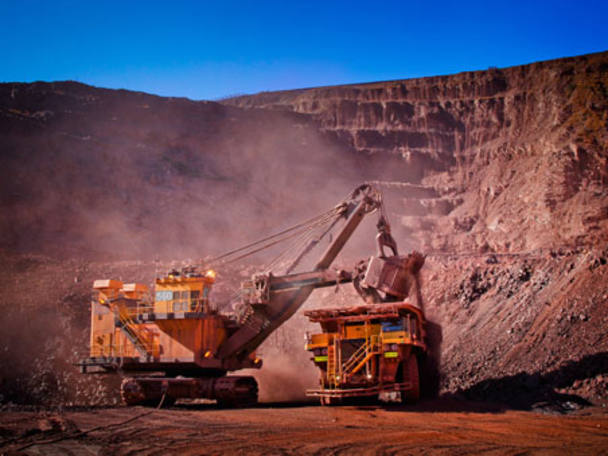No sooner are miners once again making money than the takeover chatter begins. The starting pistol for this parlour game was fired last week, when Indian tycoon and Vedanta Resources (VED) owner Anil Agarwal launched a bid for £2bn-worth of shares in Anglo American (AAL), in an exceptionally convoluted and unusually structured financing arrangement brokered by JPMorgan.
Mr Agarwal may be a billionaire, but he isn't paying for the Anglo shares in cash, which would be both difficult and potentially disruptive to the market. Instead he is borrowing £2bn through the issue of a mandatory exchangeable bond, secured against Vedanta shares and bonds held by his family trust, Volcan Investments. The Volcan bond is being offered to Anglo American shareholders, meaning Mr Agarwal is essentially buying and then forward-selling stock for a 4 per cent annual running cost, while retaining voting and dividend rights. When the bond matures in 2020, its buyers can exchange for either Anglo shares or cash.
As if by design, his brief and veiled statement that Anglo is "a great company with excellent assets" and "an attractive investment for our family trust" swiftly ratcheted up takeover speculation, despite assurances from Volcan that it does not intend to make an offer to acquire Anglo. That's because an estimated 12 per cent stake in the group would make Agarwal the second-largest shareholder behind South Africa's Public Investment Corporation, a position that could point to further corporate activity.
Who, aside from clever bankers at JPMorgan, benefits from the purchase? Anglo shareholders have already profited from the deal, news of which caused a 9 per cent bump in the miner's shares on the day. Buyers of the bond can guarantee a short-term return, so long as they can short Anglo stock at the same time. Finally, Mr Agarwal gets access to the second-largest stake in a major mining company without having to pay over the odds for shares in the company.
For Anglo management, the repercussions are a bit more complicated. On the one hand, the deal is a clear vote of confidence in a company that has undergone a huge recovery in recent months. Last month, after two years of heavy losses, the group reported a $2.6bn (£2.1bn) pre-tax profit in 2016, thanks to a big improvement in commodity prices and a sharp reduction in capital expenditure and costs.
The board may question the need for concerted engagement with a 12 per cent stakeholder, even if Mr Agarwal is the de facto owner of a rival company. Yet it stands to reason that Anglo will be paying attention, particularly given Mr Agarwal's public admissions that he has previously sought a merger between the two miners. Anglo declined to comment.
"While Agarwal is almost certainly still a keen buyer of Anglo, his strategy may be to keep other predators at bay with the intention of seeking his own deal in return for Anglo's continued independence," commented analysts at SP Angel, which noted that Anglo has been a break-up target for several years.
One complicating factor is Vedanta's considerable debt profile, which might hamper its status as anything but a junior partner in any deal with Anglo. Still, Mr Agarwal's move could be an attempt to agitate for transactions elsewhere in Anglo's portfolio. Vedanta's 65 per cent-owned subsidiary, Hindustan Zinc Limited (In: HZL), has a cash pile SP Angel thinks could hit $8bn by the end of the year, thanks to rallying zinc prices. The long-held view that Anglo would benefit from reducing its heavy exposure to South Africa could also play into Vedanta's hands here, as HZL sets about developing the enormous Gamsberg project in the country.










